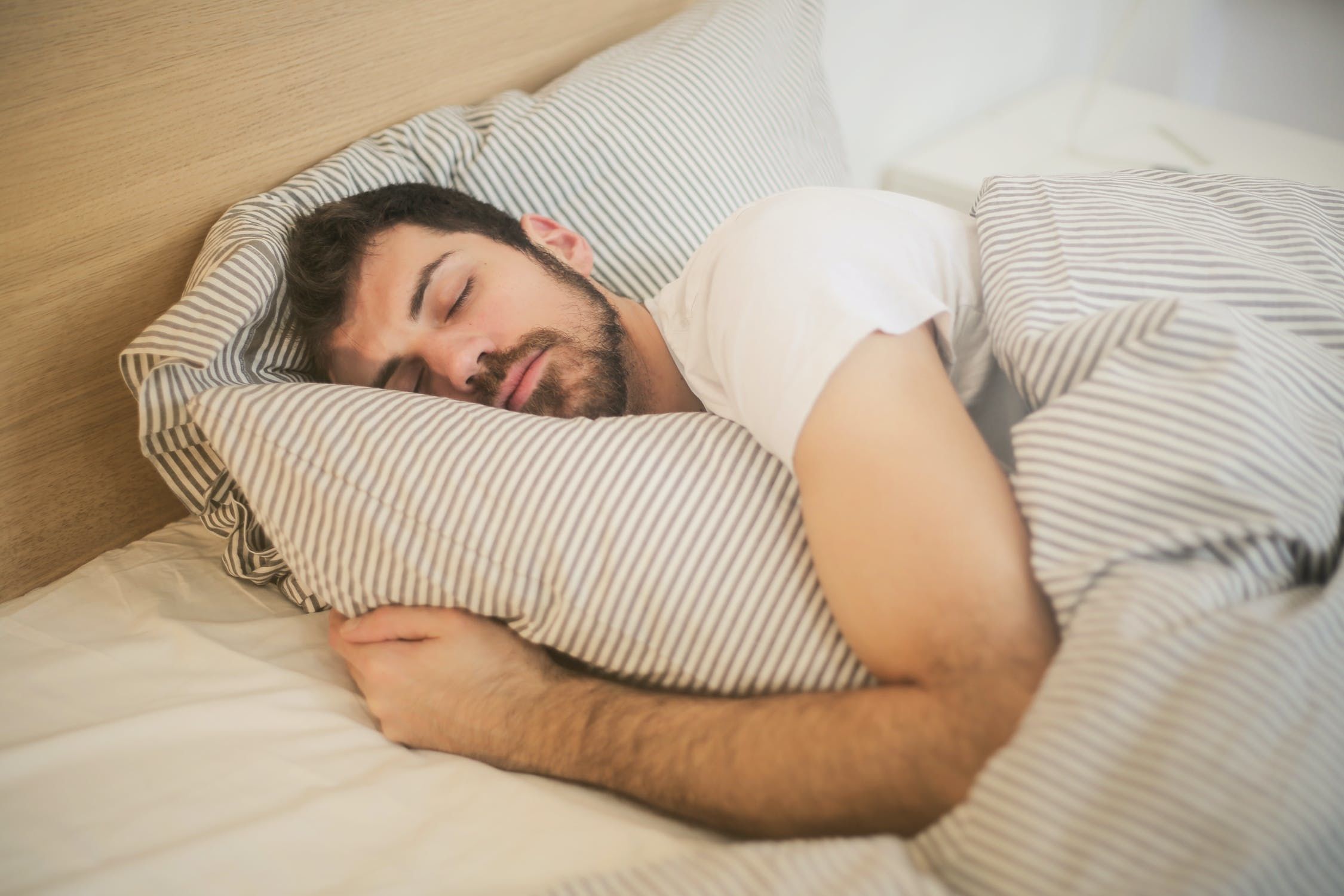Dozens of factors affect our wellbeing. Our diet. Exercise routines. The amount of stress we get in the workplace and how we handle it. With so much going on it can be easy to ignore sleep. But the quality of your sleep is one of the biggest contributors to your wellbeing. Here are five reasons why a good night’s sleep is so important.
1. Sleep Affects Your Ability to Concentrate
Have you ever found yourself a long time to complete simple tasks at work? Or, even worse, trying to avoid stifling a yawn when the boss is talking? The explanation is often in the quality of sleep you are getting. When you aren’t getting enough it will be hard to concentrate on the task at hand. You will find your mind wandering off.
So, burning the midnight oil could actually be lowering your productivity. The good news is that this problem has an easy solution. You just need to make sure that you are getting enough sleep. Adults will need to make sure that they are getting around eight hours of sleep each night.
2. The Amount of Sleep You Get Can Affect Your Mood
Sleep plays an important role in regulating emotions. Studies have found that when people aren’t getting enough sleep, they can become irritable. It might also lead them to become more vulnerable to stress. This can have a big impact on mental health. In some cases, lack of sleep can worsen anxiety and depression.
If you’re not careful, this can turn into a negative feedback loop. When you get stressed and anxious, it can impact sleep. You might find it harder to drift off at night. In turn, the lack of sleep will make your mental health worse. The good news is that scientists have found that when you are getting the right amount of sleep, your mood will start to improve.
3. Lack of Sleep Slows Reaction Time
Everyone wants to feel alert and ready for anything. But when you don’t get sleep, your reaction times will slow down. This can have the same effect as being drunk. Lack of sleep can also impact your memory and decision-making skills. Because of this, those who don’t get enough sleep will put themselves at greater risk of having an accident in the workplace.
4. Sleep Can Impact Physical Health
Sleep also has an important impact on your physical health. When you are sleeping, your blood pressure drops. In turn, this can help lower your chances of heart disease. This is combined with less anxiety and lower stress levels to further lower blood pressure.
Another important health effect is the way that sleep impacts your immune system. When you are resting, your body will be producing cytokines and T-cells. These form an essential part of your immune system. This will ensure that you are protecting yourself against viruses.
Studies have shown that when we sleep the body produces ghrelin. This chemical is responsible for telling our stomach when we are full, preventing us from overeating. Because of this, those who don’t get enough sleep might be at a higher risk of obesity. This, in turn, is linked with a wide array of health problems from heart attacks to joint pain.
5. Sleep is Essential For Growth
The right amount of sleep is vital for children and teenagers. This will ensure that they are producing the hormones they need for healthy growth. This is especially important when they are going through puberty. If they aren’t getting enough sleep, it can cause them to become grumpy and irritable. Additionally, lack of sleep can negatively impact school results. It’s estimated that those between six and 12 need between nine to 12 hours a night. If they are aged between 13 to 18, they will need around 10 hours.
Conclusion
As we’ve seen, adults must be getting the right amount of sleep. Generally, you’ll need to get at least seven hours of sleep per night. Though you might need to experiment a little to find the sleep routine that works best for you.
To get the best night’s sleep, you’ll need to create a comfortable environment. Check that you have a supportive mattress. You’ll also need to get the right pillow. It should be cradling your head and shoulders, keeping your spine in alignment. This will prevent you from waking up feeling stiff and sore. If you want some tips on getting the right orthopedic pillow for you, check out this helpful guide: https://talkaboutsleep.com/best-orthopedic-pillow/ . So, use these pointers to get the right amount of sleep and improve your wellbeing.

